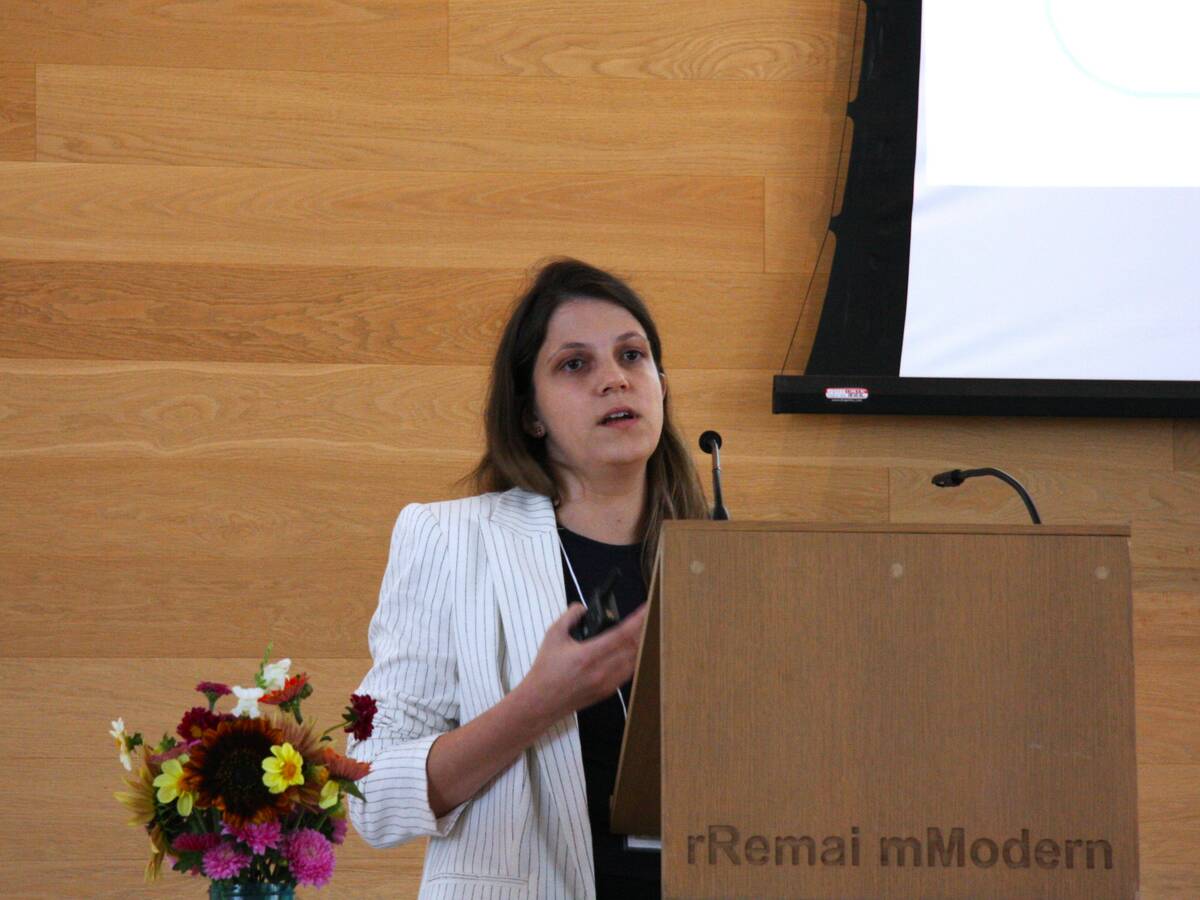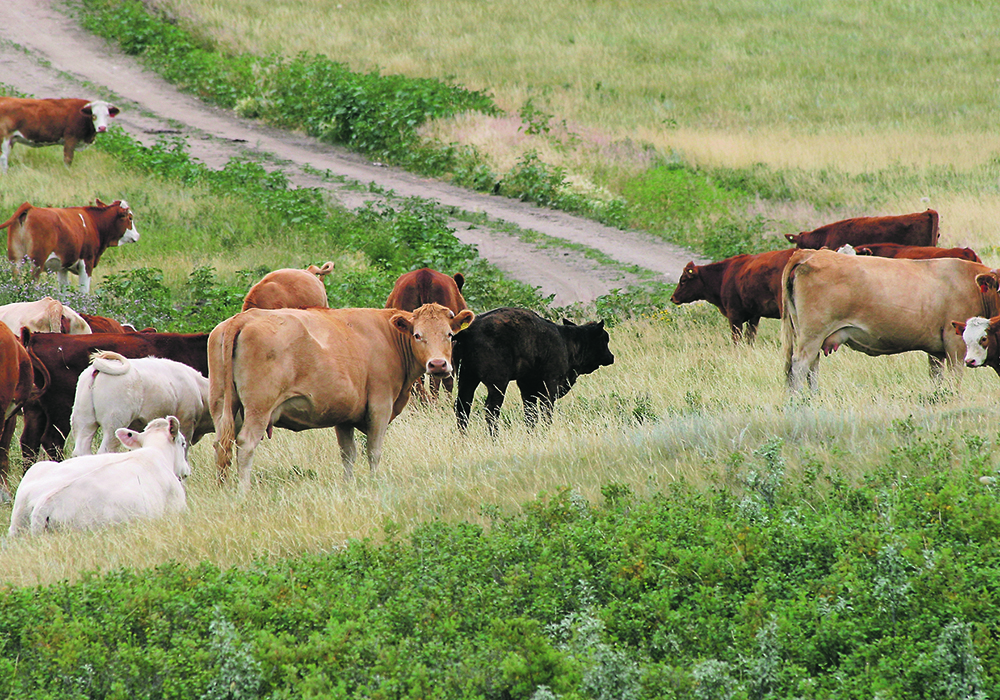SASKATOON — Saskatchewan agriculture minister David Marit announced Crown pasture lease rates have been frozen at 2022 levels for 2023.
He also announced that lessees who have to decrease their stocking rate due to dry conditions will be eligible for reduced rent of up to 50 percent.
He told the Saskatchewan Beef Industry Conference that the program is ready to go but he hoped moisture would be sufficient and producers wouldn’t have to use it.
Read Also

Fusarium head blight mycotoxin detector in the works
A PhD student at the University of Saskatchewan has been working on developing a method of detecting fusarium damaged kernels to ease the struggles of producers, agronomists and industry.
The cost to the government will be between $1 and $3.5 million, depending on uptake, he said.
“We want our beef producers to be competitive and profitable,” he said.
Saskatchewan Cattlemen’s Association chair Arnold Balicki said having a program ready to go, just in case, offers producers peace of mind for this coming year. While snowfall has been generally good in many places there are still pockets without.
The minister also announced $6 million in livestock and forage research funding through the Agriculture Development Fund.
Thirty-four projects are on this year’s list, including water quality test kits and a multivalent vaccine to control foot rot.
Aside from the federal-provincial funding, seven industry partners co-funded another $288,530 for 12 projects.
SBIC continues Wednesday and Thursday in Saskatoon.
Contact karen.briere@producer.com
















